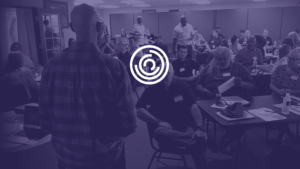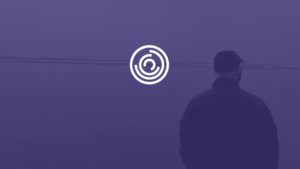Late this summer, I was sitting on the beach at Lake Chelan with my seven year old son Cooper, taking in the gorgeous Eastern Washington summer weather. My eleven year old daughter Kenley was happily swimming in the lake. Here I was, a proud contented father , enjoying an extended outdoor weekend with my two kids in the age of Covid19.
There were no camps this summer, and we’ve tried to take advantage of this situation by spending more quality time outdoors. For me, the experience of being a father to my kids is one I wouldn’t trade for anything. Just seven years ago, I was six months into my journey of recovery from alcohol and gambling addiction. That journey in early recovery would take me to many places – most notably, prison, where I was separated from my children for a period of time. I was facing a legal mess that I had created, saw my children two days a week, and was entirely unclear what fatherhood would look like.
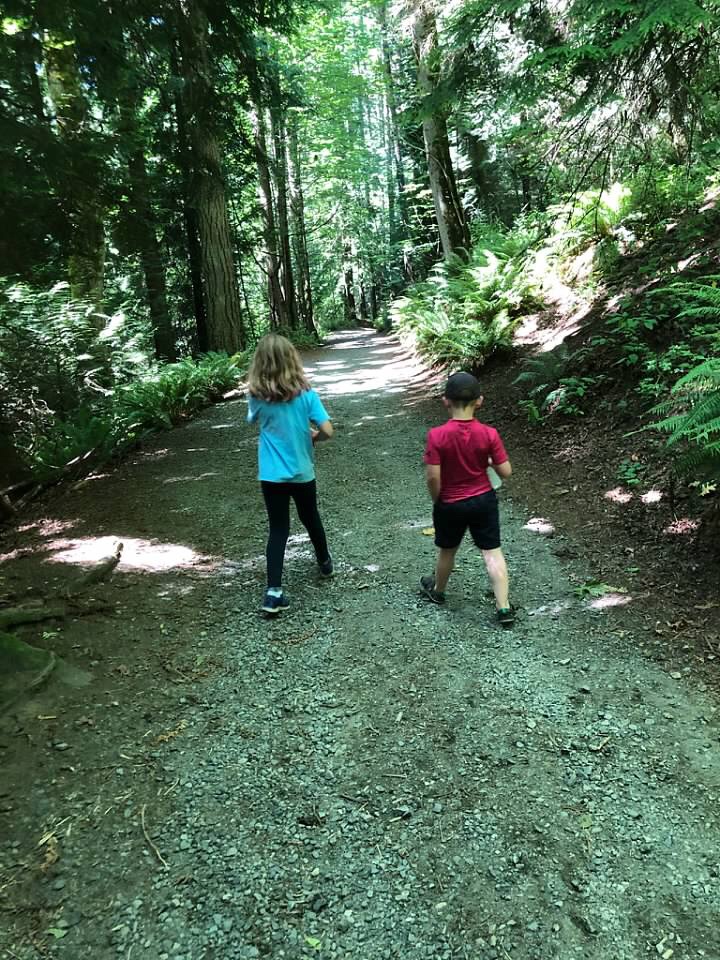
My daughter and son have long known that their dad is in recovery. They’ve happily taken in cartoons over the past several months while he “went” to zoom twelve step meetings. The family history on their father’s side – one with both alcoholism and recovery – has been made clear to them. “Maybe I can drink beer when I grow up, and maybe I can’t,” are words that have come from both of them at one point or another. But, they never knew the actual details of my own journey.
I had never shared with them my embezzlement, the stealing of funds from my political employer that would lead to the bottom of my addicted life, the birth of my recovery, and my eventual incarceration. For a time there was no need to go into those details. But with Kenley approaching middle school and online learning leading to more and more time on the internet, where a simple google search on their father could yield unnerving results, I have known that sooner or later, the truth would arise.
“Daddy,” Cooper asked me out of the blue as we sat at Lake Chelan, “What’s the biggest mistake you’ve ever made?”
In my work with The Communities Project, I train individuals tackling substance use in their communities on leadership. At the center of our trainings is the notion that leadership must start with responsibility, with owning our own contributions to the results we produce. As Cooper asked me about my own mistakes, I felt a shiver run through my spine that the Eastern Washington heat could not overcome, and knew that the moment I had been dreading had likely come. I had taken responsibility for my crimes in a court of law, to loved ones, to the King County Prosecuting Attorney, and to The Seattle Times, but I had never taken responsibility with my children.
Now it was time to take responsibility with the audience I loved the most, whose feelings and thoughts are more significant to me than anyone else.
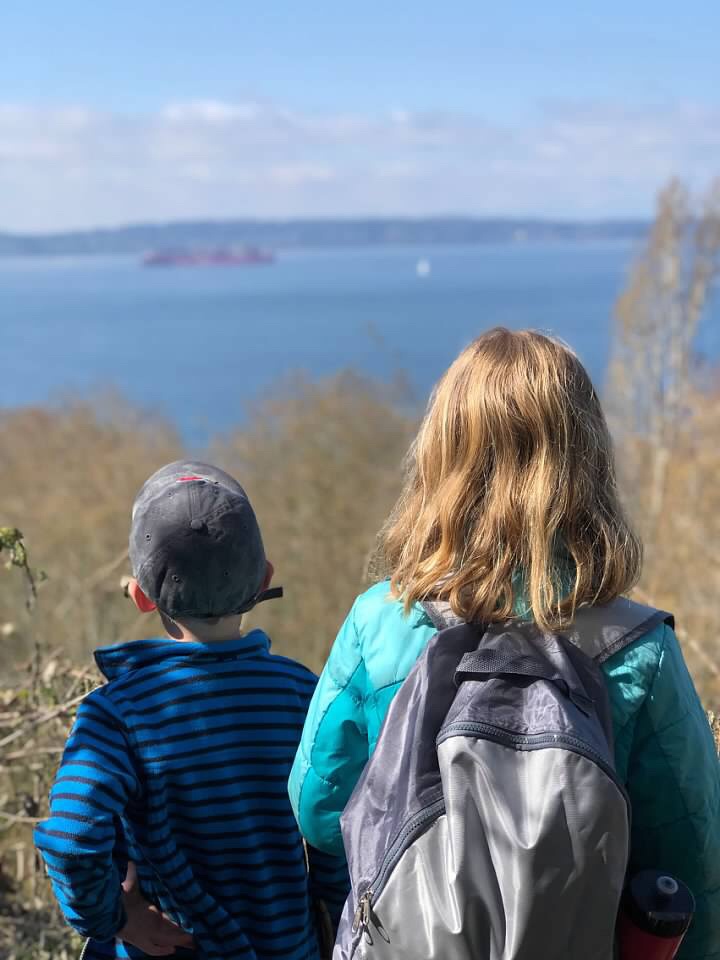
Two nights later, we were back home and eating dinner. I began by talking to them about responsibility. What it means, and what it does not mean. I told them how I had taken money from my employer. How I had done something I knew was wrong. That there were dire consequences to my actions, which weren’t limited to losing my career in the political arena. How I had violated the friendship and trust of people in my personal and professional lives, faced long term financial implications, and the actual loss of the Democratic majority in our State Senate that I had been tasked with maintaining.
I’ve shared this story with literally thousands of people over the past 7 ½ years. During trainings, newspaper interviews, even a profile on television in Seattle. I’ve even written about my story and sent it around to tens of thousands of individuals.
My heart has never beat harder than when I told Kenley and Cooper.
They asked lots of questions – some expected, others not. “Was prison scary?” “Have you ever wanted to do anything like that since you stopped drinking beer and gambling?” “Is that why you and mom got divorced?”
Kenley looked at me after our conversation. “I love you Daddy,” she said, “I know that’s not who you are, and that you only did that stuff because you were addicted.”
My daughter’s statement sent a minor shock wave through me. Years earlier, as I was navigating my legal mess, I remember my attorney sending me a first draft of a document he had prepared for the court. The document stated clearly what I had done – and put the responsibility for my actions solely on my history of alcohol use and compulsive gambling. This did not sit well with me at the time. While the funds I had stolen had clearly been spent to feed these two addictions (I was not living in a mansion, driving a fancy car, or going off on luxurious trips), it felt uncomfortable to blame my actions solely on my addictions. The “why” behind these things may have been significant – but it did not change the simple fact that I had chosen to embezzle, and that I had to face the consequences.
I told my lawyer to edit the language – perhaps out of my own need to take responsibility as a component of my early recovery, and perhaps also as the long time political operative who understood the power of perception. What would it say about recovery if now, nine months into my sober journey, I was simply blaming my crimes on my addiction? Was that really what recovery was about?
My actions had hurt countless people – would they feel any relief if I simply stated that my addictions were to blame for my crime? For those I hurt, whether or not my crimes were related to addiction didn’t impact the pain they felt. My actions had an impact on everyone from long held friends and family, to elected officials who had put a deep trust in me. People were hurt by what I had done – in some cases, very deeply.
Blaming my addiction for what I did, either back then standing in court, in the countless leadership trainings at which I speak about the need for leaders to be responsible, or at this moment with my children, was not going to suffice. I had to actually be responsible for what I’d contributed to the result I had produced.
“It’s true,” I explained to Kenley and Cooper, “that I took money so I could gamble and drink more. But I want you guys to know that I’m not blaming that for what I did. I did it, and I have to be responsible for that. I had to accept the consequences of my actions, and accept the hurt it causes a lot of people. And then I had to decide what I wanted to do with that experience, and how I could use it to help other people.”
“Some day, you guys may make mistakes. Maybe they’ll be big mistakes, maybe they’ll be small. But what I want you to know is that you can face any of them, so long as you take responsibility for what you’ve done. And most importantly, you’re going to have a Dad who loves you, and will be there for you no matter what.”
A few moments later, they were back to their legos. I reflected on our conversation as I cleaned the kitchen and got us some ice cream. Leaning into this conversation with the two most important people in my life felt nothing like sharing my story to a crowd of 100 at a training, or even talking to the reporter who covered my crime 7 ½ years ago. This felt different – more emotional, and the fear of disappointing my children and tarnishing their view of me remains real.
Undoubtedly, Kenley and Cooper will always have a different take on the guy who makes them Sunday morning pancakes and obsesses with them over classic Doctor Who. I can’t help but wonder if knowing about my past will cause them to be skeptical of me running the Monopoly bank. But what I can also own is the tremendous life that recovery has created for all of us. I can be responsible for what I’ve contributed to my current good fortune as well – but only if I remain responsible for my past.
